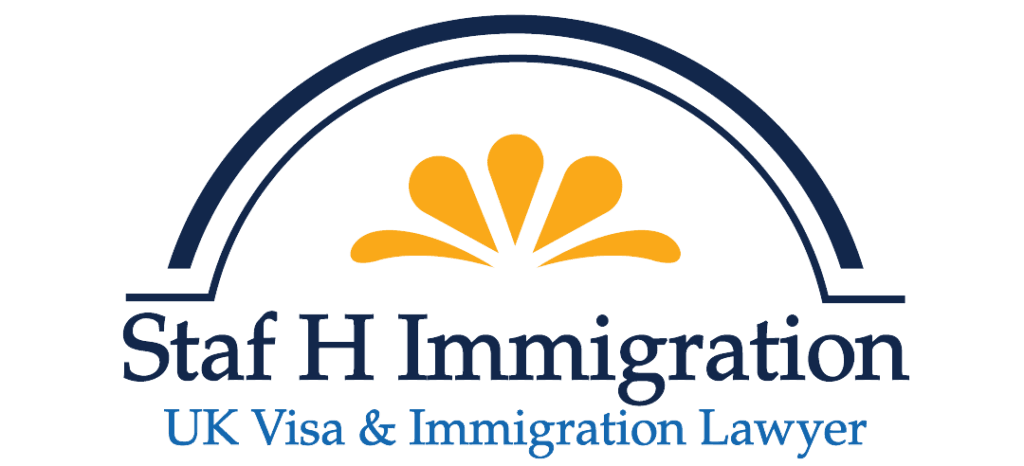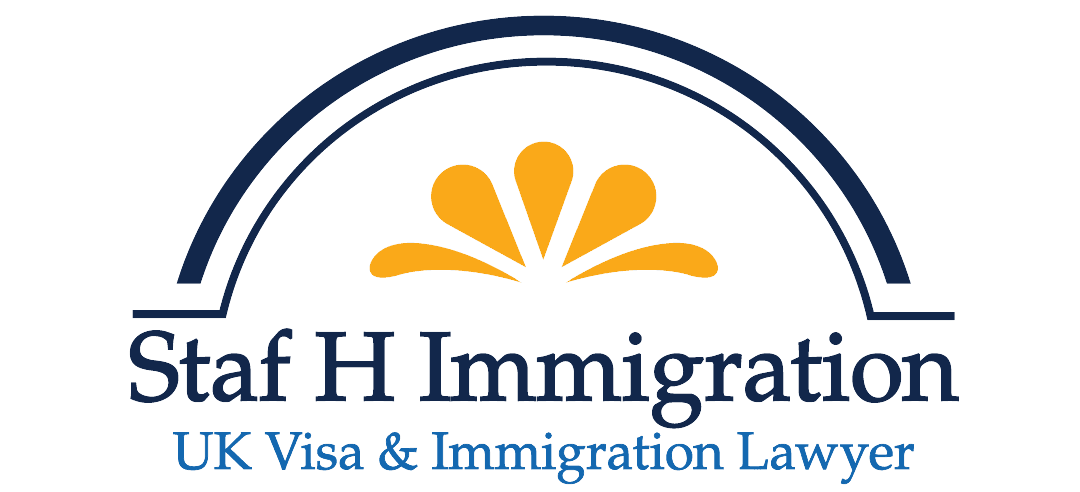The United Kingdom has long been a popular destination for immigrants due to its rich history, diverse culture, and robust economy. Over the years, the country has attracted individuals from various parts of the world who seek better job opportunities, education, safety, or family reunification. In recent years, UK immigration has undergone significant changes, especially following Brexit, which has reshaped immigration policies and regulations.
Historical Context of UK Immigration
UK immigration has evolved considerably over time. After World War II, the UK experienced a labor shortage, prompting the government to encourage migration from Commonwealth countries, such as India, Pakistan, Jamaica, and Nigeria. This influx played a significant role in the country’s economic recovery and development. In the 2000s, EU enlargement saw an increase in immigration from Central and Eastern European countries, leading to a surge in the foreign-born population.
However, the Brexit referendum in 2016 marked a turning point. It led to the UK leaving the European Union and introduced stricter immigration controls, fundamentally changing the dynamics of immigration into the country.
The Points-Based Immigration System
Following Brexit, the UK introduced a points-based immigration system in January 2021, which aims to attract highly skilled workers to the country. The system assesses applicants based on factors such as their skills, qualifications, job offers, English proficiency, and salary expectations.
To be eligible for a work visa, applicants must earn a minimum of 70 points, which can be achieved through the following criteria:
- A job offer from an approved sponsor: 20 points
- Job at an appropriate skill level: 20 points
- Proficiency in English: 10 points
- Salary level of at least £25,600: 20 points (or fewer points if in shortage occupations or if they have a relevant PhD)
This points-based approach is designed to ensure that only skilled workers fill the gaps in the UK labor market, reducing the number of low-skilled immigrants entering the country.
Types of UK Visas
The UK offers a variety of visa options to cater to different categories of immigrants:
- Skilled Worker Visa: This visa is for individuals who have a job offer in the UK from a licensed sponsor at an appropriate skill level. Applicants must meet specific salary requirements and demonstrate their ability to speak English.
- Student Visa: Designed for international students who wish to study at UK educational institutions. Applicants need to have an offer from a recognized educational institution and must show proof of funds to support themselves.
- Family Visa: For those who wish to join family members already residing in the UK. This includes spouses, partners, children, and dependent relatives.
- Innovator and Start-up Visas: Targeted at entrepreneurs and business innovators who want to establish or run a business in the UK. Applicants must have a unique business idea that is supported by an approved endorsing body.
- Global Talent Visa: Aimed at highly skilled individuals in fields such as science, engineering, medicine, humanities, and the arts, this visa allows talented professionals to live and work in the UK without a job offer.
- Visitor Visa: For individuals who wish to visit the UK for a short period, whether for tourism, business, or family reasons.
Challenges of UK Immigration
The UK’s immigration policies have sparked debates and challenges over the years. Some of the key concerns include:
- Skilled Worker Shortages: Despite the points-based system, some industries still face worker shortages, especially in sectors like healthcare, agriculture, hospitality, and construction.
- Integration and Community Tensions: The integration of immigrants into local communities has been a topic of concern, with instances of tension and discrimination in certain areas.
- Asylum Seekers and Refugees: The UK continues to be a destination for asylum seekers and refugees fleeing conflict or persecution. Managing asylum applications and ensuring adequate support for refugees remains a challenge.
The Impact of Immigration on the UK Economy and Society
Immigration has made a substantial impact on the UK’s economy and society. Immigrants have contributed to the growth of various sectors, filled skill gaps, and enriched the nation’s culture. They have also helped address labor shortages in critical industries, such as healthcare, education, and technology.
Studies have shown that immigrants contribute more in taxes than they receive in benefits, making them net contributors to the UK economy. Furthermore, the diversity brought by immigration has fostered innovation and creativity in the workforce, making the UK a global hub for talent.
The Future of UK Immigration
The future of UK immigration is likely to remain a topic of discussion as the country adapts to changing economic and political landscapes. With the introduction of new immigration policies, the government aims to balance attracting talent and addressing the concerns of the local population. As the UK continues to recover from the impact of Brexit and the COVID-19 pandemic, it will be essential to monitor how immigration policies evolve to meet the needs of the nation.





